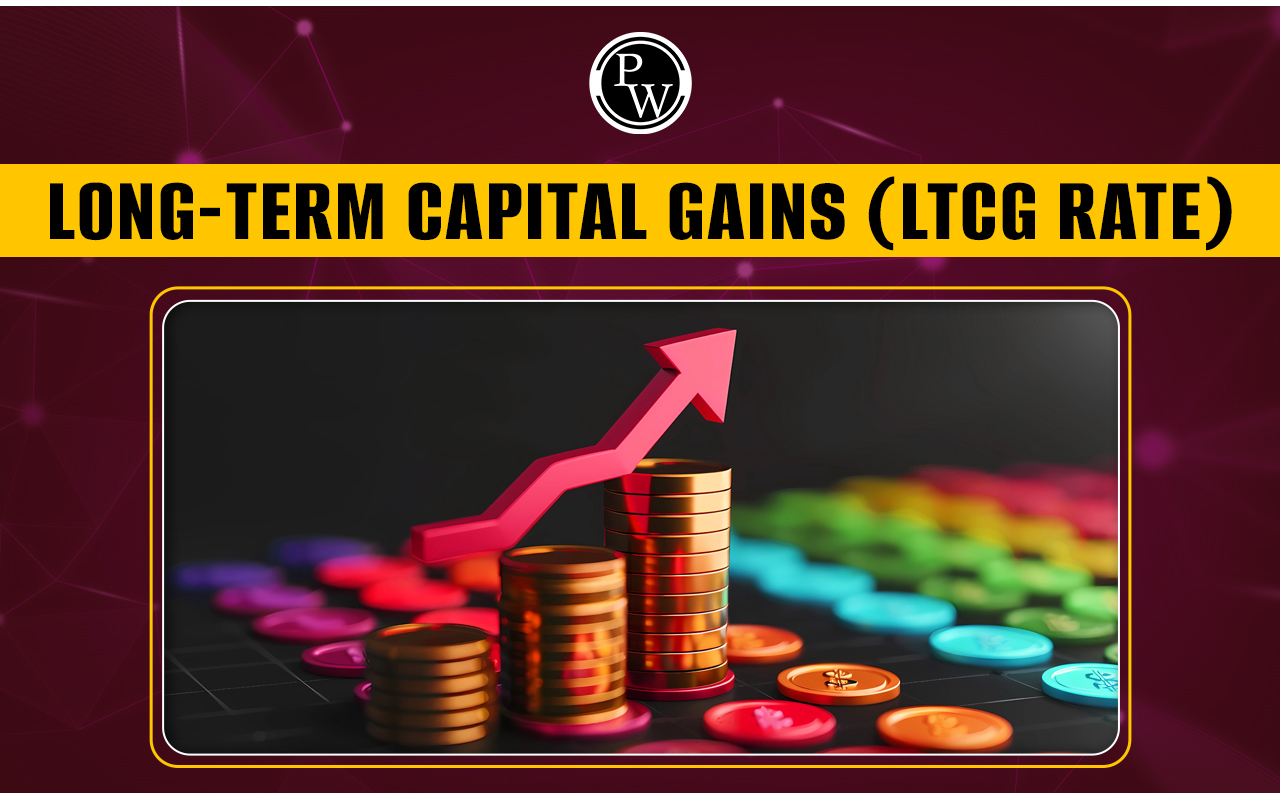
Long-Term Capital Gains (LTCG) tax is a significant aspect of the Indian tax system, influencing investment strategies and financial planning. Understanding LTCG tax rates is crucial for investors looking to maximise their returns while complying with tax regulations. The tax is levied on profits earned from the sale of assets held for a longer duration, typically over 36 months. The holding period is reduced to 12 months for equity shares and equity-oriented mutual funds. The LTCG tax rate for these financial instruments is 10% for gains exceeding ₹1 lakh per annum without indexation benefit.
In contrast, other assets are taxed at a rate of 20% but with indexation benefits, which adjust the purchase price for inflation. This differentiation in tax rates encourages long-term investments while ensuring a fair contribution to the government’s revenue. Understanding these rates and their implications can help investors make informed decisions, optimise their portfolios, and comply with tax obligations.| Also Read | |
| Change In Equilibrium Price Due To Shift In Demand | Abnormal Loss And Abnormal Gains |
| Changes In Supply | Taxation |
Begin your journey towards academic excellence in Commerce with our comprehensive Commerce courses . Master the CBSE syllabus with expert guidance and ace your exams. Enroll now!”
